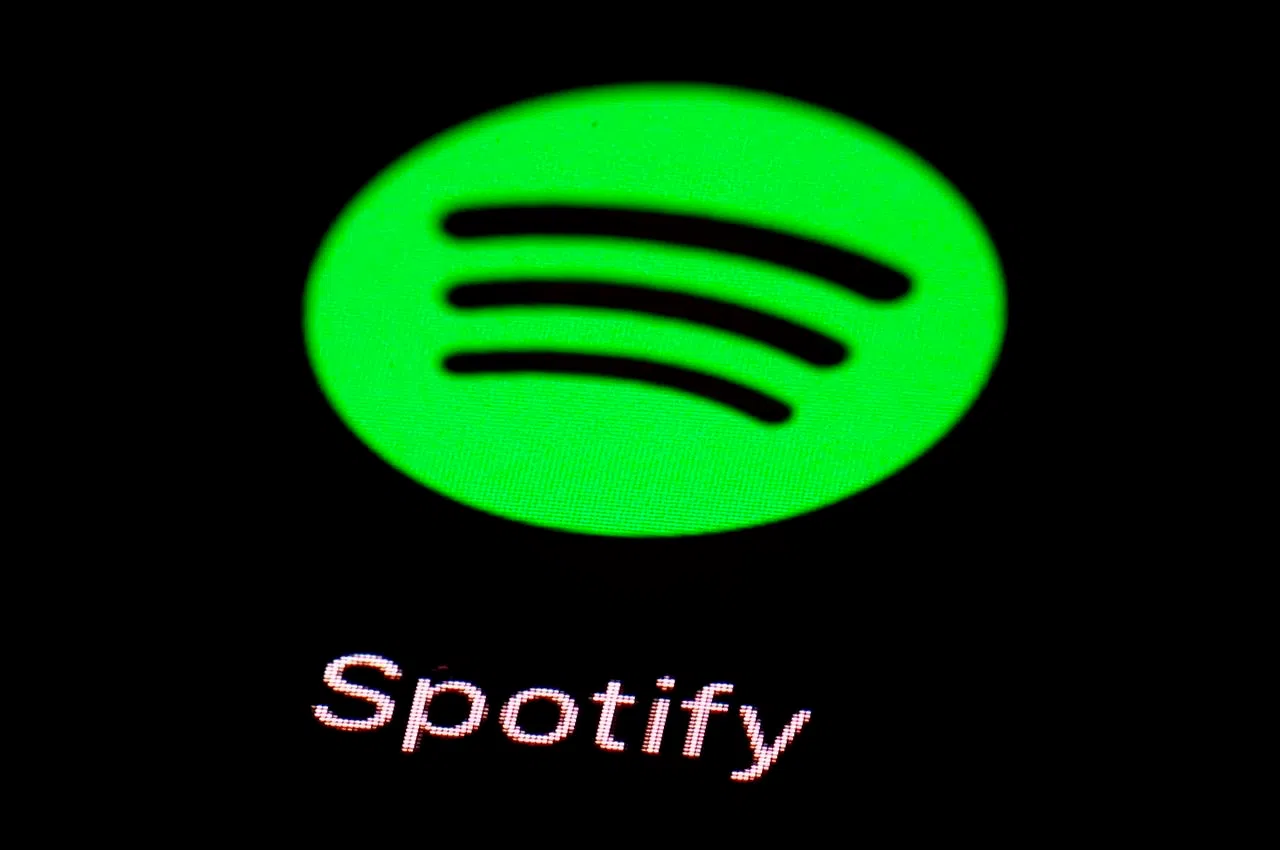
Market still waiting for Spotify’s first public trade
SAN FRANCISCO — Spotify is still waiting to find out whether investors view its music streaming service as a budding superstar or a flash in the pan.
The Swedish company will make its stock market debut Tuesday, casting a spotlight on its early lead in music streaming — a still-evolving field trying to hook people on the idea that it’s better to subscribe for online access to millions of tunes than to buy individual albums and singles.
The first public trade still hadn’t been registered as of late morning, as the company moves ahead with its “direct listing”, an unusual move that allows investors to sell shares directly, but does not raise money for the company.
The NYSE had set a reference price of $132 and indications pointed to shares trading as high as $155.


